Almond / Badam
₹349
The Almond tree, scientifically known as Prunus dulcis, is a deciduous tree renowned for its delicious nuts and stunning blossoms. Native to Central Asia, this versatile tree has been cultivated for centuries and is now widely grown in various regions.
59 people are viewing this product right now
🔥 6 items sold in last 3 hours
Sold Out!
This product is currently unavailable
The Almond tree, scientifically known as Prunes dulcimers, is a deciduous tree renowned for its delicious nuts and stunning blossoms. Native to Central Asia, this versatile tree has been cultivated for centuries and is now widely grown in various regions.
Key Features & Benefits
- Delicious Nuts: Almonds are a rich source of healthy fats, protein, fiber, and essential vitamins and minerals.
- Beautiful Blossoms: The tree’s delicate pink or white flowers create a breathtaking display in early spring.
- Versatile Uses: Almonds can be enjoyed raw, roasted, or used in various culinary applications, from baking to cooking.
- Landscaping Potential: Almond trees can be used as ornamental trees to enhance the beauty of your garden or landscape.
- Eco-Friendly: Almond trees contribute to environmental sustainability by providing habitat for wildlife and improving soil health.
Plant Care Guide
Ideal Plantation Locations
Almond trees thrive in warm, Mediterranean climates with mild winters and hot, dry summers. Well-drained, sandy loam soil is ideal for optimal growth.
Planting & Gardening Instructions
- Location: Choose a sunny location with full sun exposure.
- Soil Preparation: Prepare the soil by removing weeds and incorporating well-rotted organic matter.
- Planting: Plant the almond tree in a hole twice the width and depth of the root ball. Back fill with soil and water thoroughly.
- Spacing: Plant almond trees 15-20 feet apart to allow for adequate growth and air circulation.
Watering
Water the newly planted tree regularly, especially during dry periods. Once established, reduce watering frequency.
Fertilizers
Apply a balanced, slow-release fertilizer in early spring to promote healthy growth and flowering.
Repotting Instructions
Re-pot young almond trees every 2-3 years in a slightly larger pot with fresh potting mix.
Fruiting Season
Almond trees typically start bearing fruit 3-5 years after planting. The fruiting season usually occurs in late summer or early fall.
Usage Ideas
- Culinary Uses: Almonds can be used in baking, cooking, and snacking.
- Ornamental Trees: Almond trees can be used as landscape trees to add beauty to your garden.
- Gift Ideas: Almond trees can be a unique and thoughtful gift for gardening enthusiasts.
Care Tips
- Pruning: Prune the tree regularly to remove dead or diseased branches and maintain its shape.
- Pest Control: Monitor for pests like aphids, scale, and borers. Use organic pest control methods if necessary.
- Mulching: Apply a layer of mulch around the base of the tree to conserve moisture and suppress weeds.
Only logged in customers who have purchased this product may leave a review.
Related products
Designed, Developed & Maintained by Growww.
Copyright © 2024 Ashok Chakra Nursery

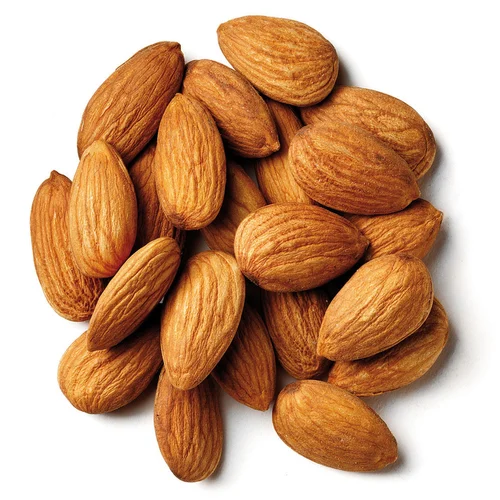

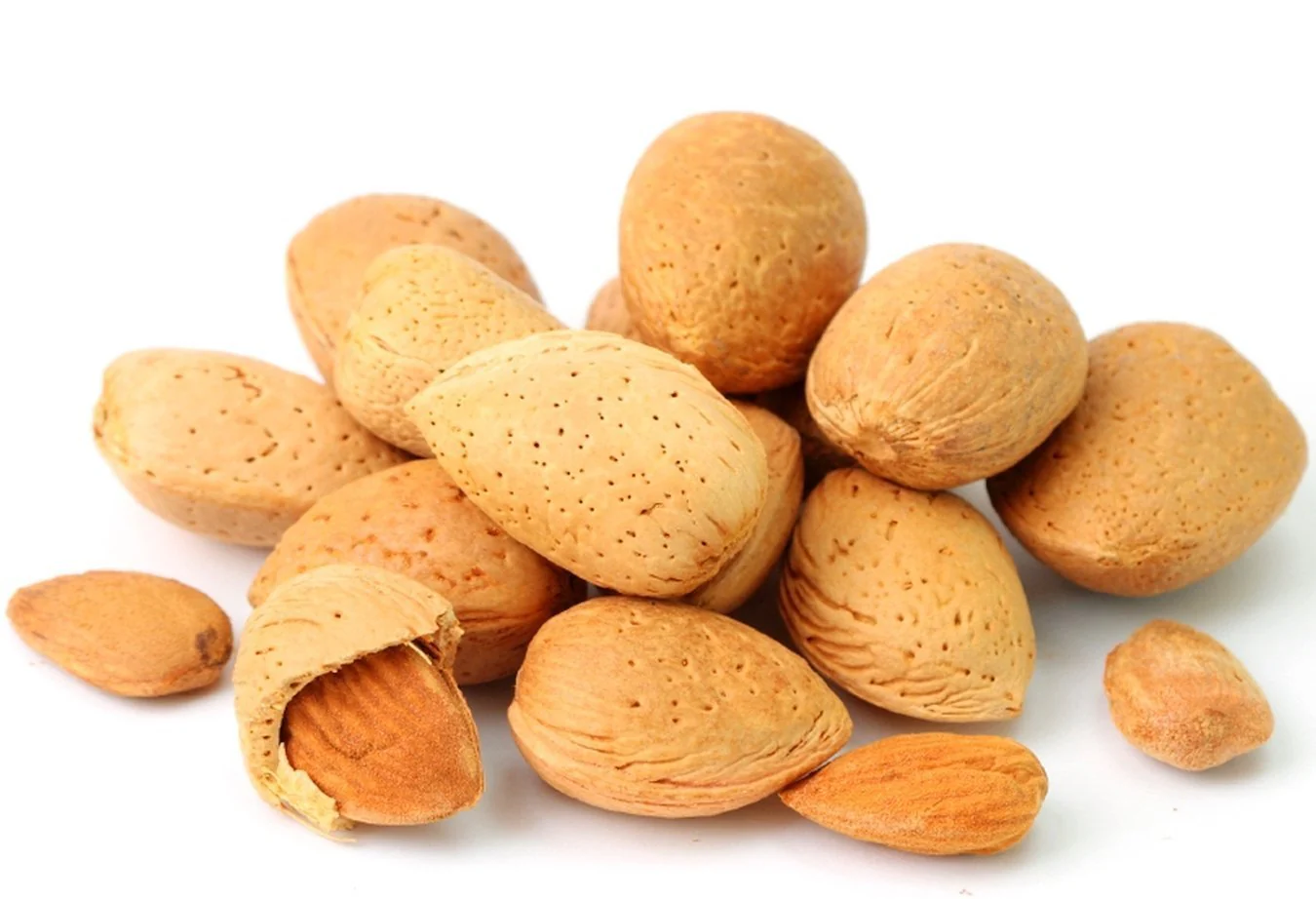



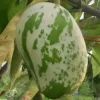
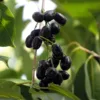
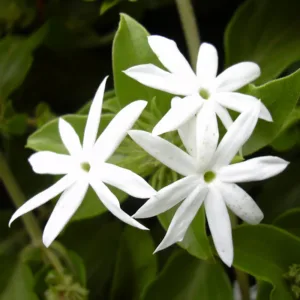
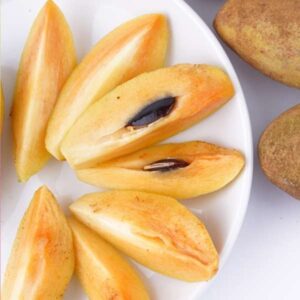
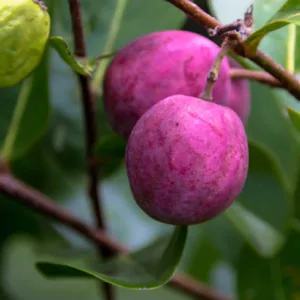
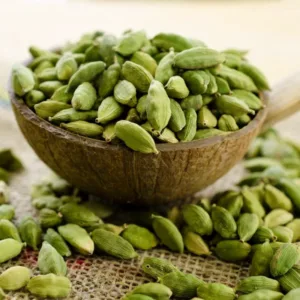
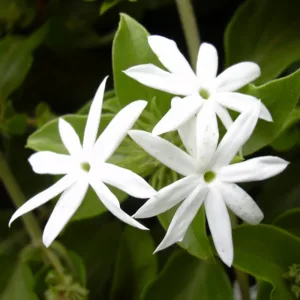
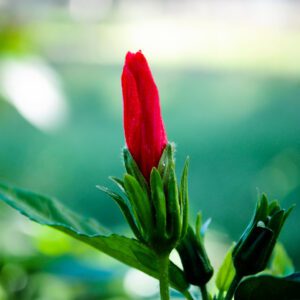
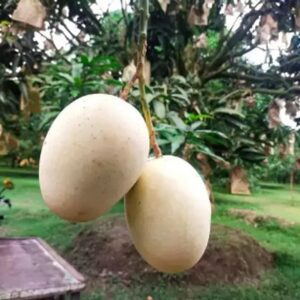
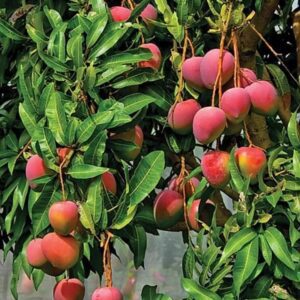
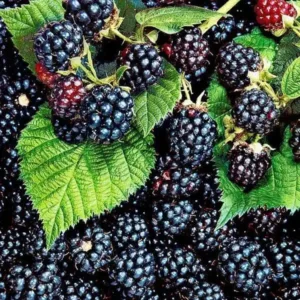
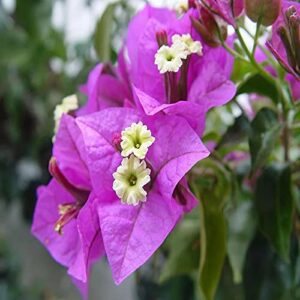
Reviews
There are no reviews yet.